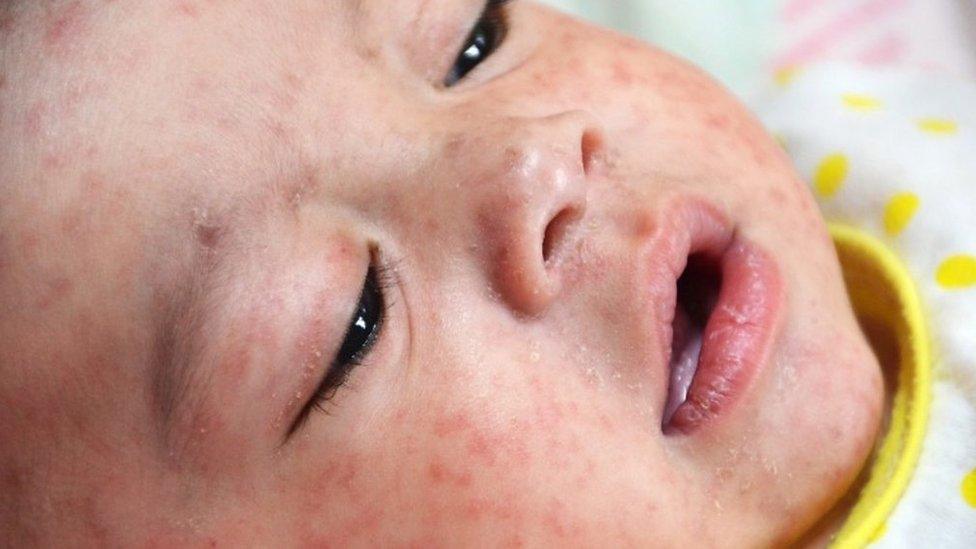Measles: Unvaccinated travellers warned of high risk
- Published
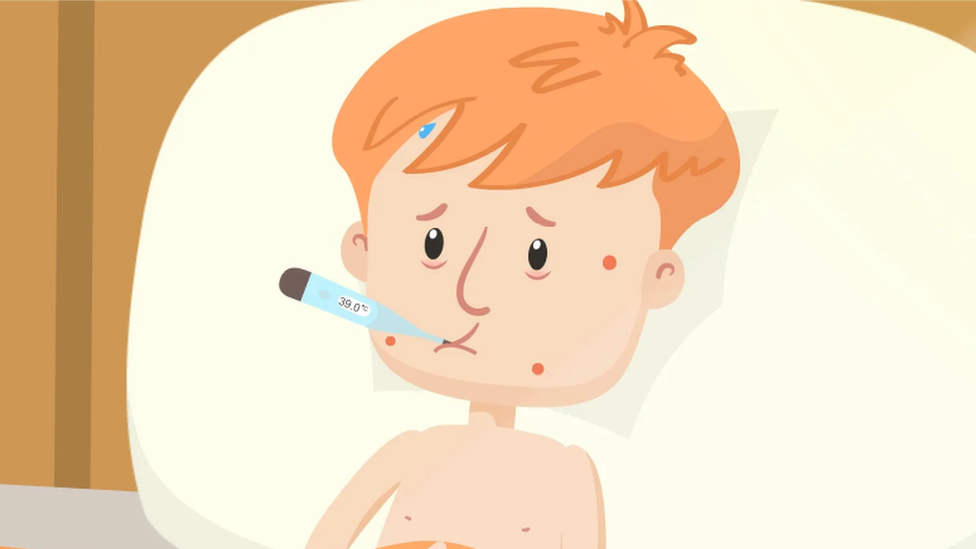
The Public Health Agency is urging parents to give their children two doses of the MMR vaccine
Health officials in Northern Ireland are warning people to make sure they are vaccinated against measles after outbreaks across Europe.
Experts say that people travelling to and from the Republic of Ireland, England, France, Italy, Greece and Romania are at particularly high risk.
Measles cases in the Republic of Ireland increased by 244% between 2017 to 2018, according to UNICEF.
The highly infectious viral disease can lead to serious health complications.
Northern Ireland's Public Health Agency (PHA) has produced a social media video stressing the importance of the MMR vaccine.
Dr Jenny Mack, a specialty registrar in public health at the PHA, said the video aims to highlight the signs and symptoms of the disease.
"Thanks to the high proportion of people in Northern Ireland making the positive decision to get the MMR vaccine over the past decades, cases of these three illnesses here have fallen significantly," she said.
"However, these diseases have not gone away and some countries are experiencing outbreaks of measles."
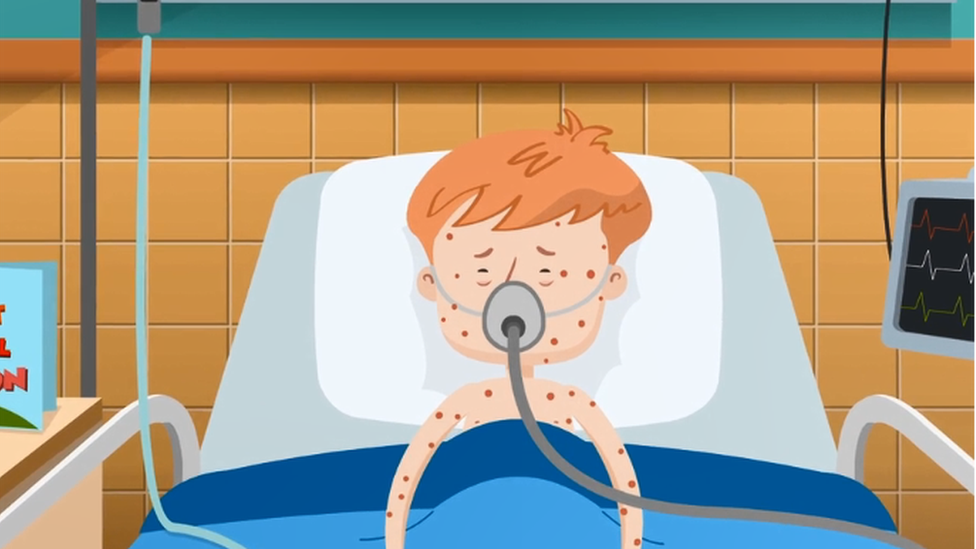
In March, UNICEF warned of a "global spike" of measles cases
She added: "Until measles is eliminated globally, we will continue to see imported cases of measles across the United Kingdom and Republic of Ireland.
"Ensuring your children have had two doses of MMR vaccine will give them the best protection here and when travelling abroad."
In March, the UN's children's agency UNICEF warned of a "global spike" of measles cases.
The charity said that 98 countries had reported a surge.
School ban
There were 86 cases of measles reported in the Republic of Ireland last year, up from 25 the previous year.
In February, RTÉ reported an outbreak of measles in County Donegal, external.
Ireland's health body, the Health Service Executive, said that the outbreak had a link to a third-level institution in Galway.
Italy recently introduced new laws banning unvaccinated children from school.
Children up to the age of six years will be excluded from nursery and kindergarten without proof of vaccination under the new rules.
- Published25 February 2019

- Published19 May 2017
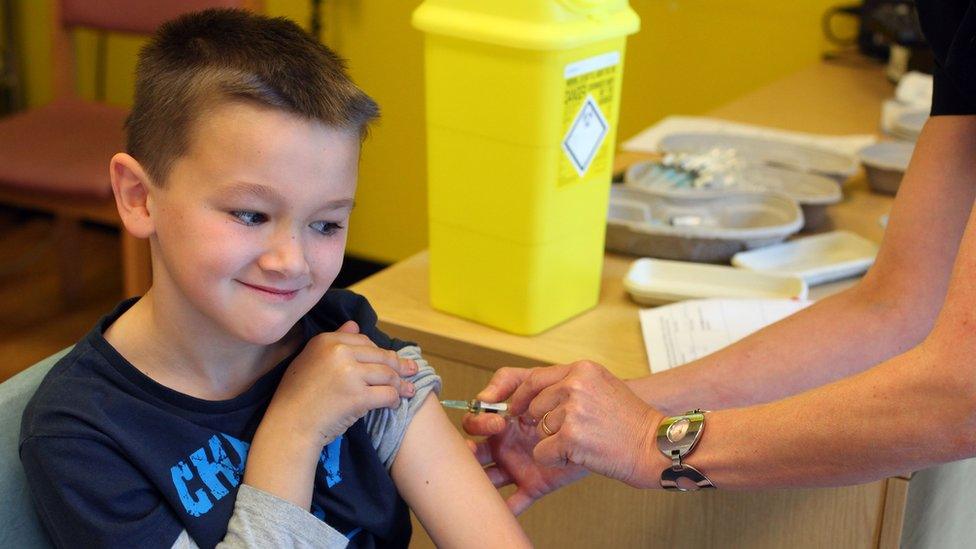
- Published1 March 2019
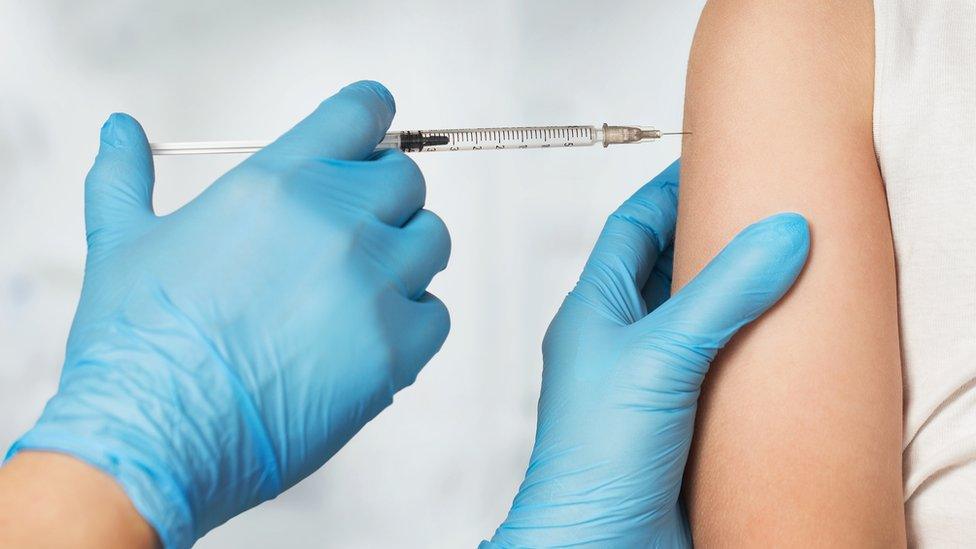
- Published25 August 2018
